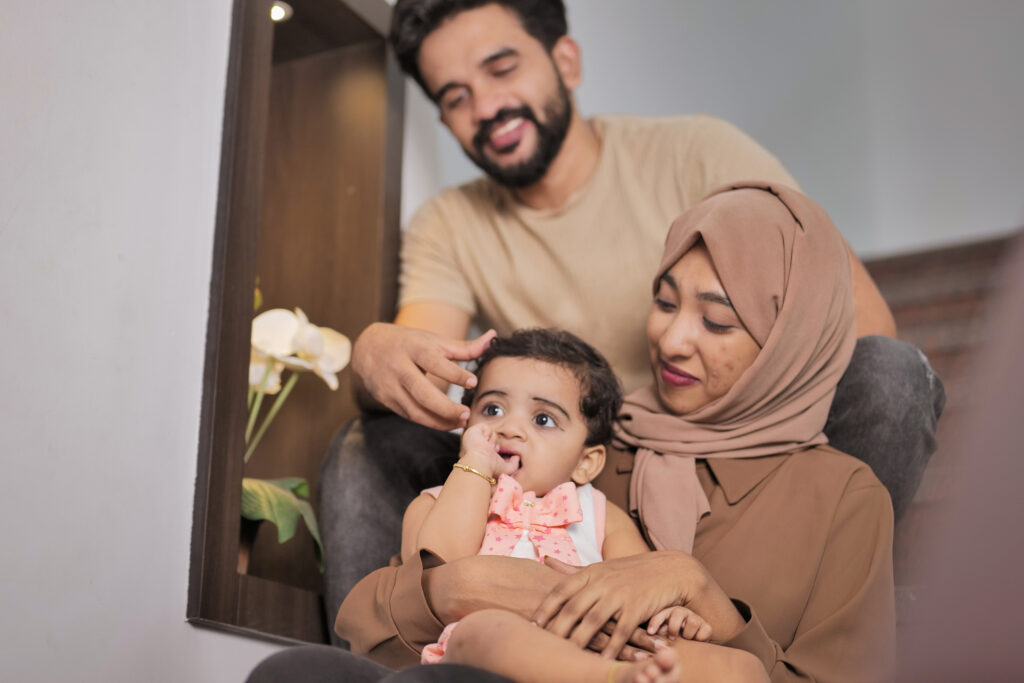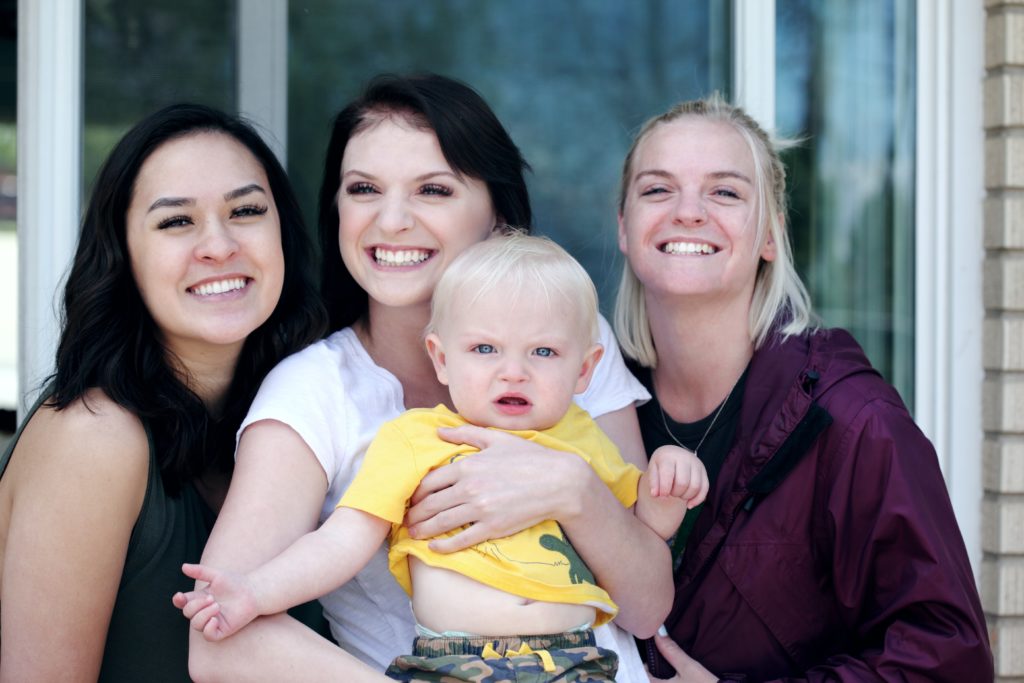Being a foster carer is open to people of all backgrounds
Being a foster carer means offering a safe and loving home to a child or young people in need of stability and support in their lives. Applying is open to everyone from all backgrounds, ethnicities, religions, genders / non-binary individuals and families. There are however several basic and safeguarding factors that are assessed from initial application through to approval.
Basic requirements to be a foster carer:
Be over 21 years of age (there is no upper age on fostering).
Have a spare bedroom.
Have a legal right to live and work in the UK.
You don’t need:
Specific qualifications – training is provided.
To have your own children.
To be of a certain race, religion or gender.
To own your own home.
To have a partner (You can foster as a single carer or with a partner).
Single parents
Don’t let being single stop you from fostering. It can actually be advantageous in certain situations to be single as a foster carer.
Disability / mental health
It’s completely possible to be a foster carer with a disability / mental health challenges and is dependent on the nature of the condition.
LGBTQ+
Sexual orientation is never a factor in deciding who can foster and we encourage anyone to apply.

Faith & Religion
Fostering a child with consideration for religious beliefs requires openness, respect, and a commitment to understanding and embracing diversity.
Things to consider:
Health – are you fit and well enough to care for a child?
Finances – you will receive an allowance for fostering but should not be reliant on fostering for an income.
Home – is it safe, suitable and secure enough?
Family and friends – what support do you have around you?
Experience – do you have your own children, nieces or nephews? Have you ever worked with children, either on a paid or voluntary basis?


